Farmers hit by Acres payment delay
Minister for Agriculture Charlie McConalogue.
ACRES payments to some farmers won't be made until after Christmas, the Department of Agriculture has confirmed to the Farming Independent.
However, it was not able to detail what percentage of farmers who have applied to the scheme will be paid before Christmas and it's understood a communications plan is currently being put in place by the Department to alert farmers.
While payments under the scheme are due to start before Christmas, it's unclear if those who will not receive their payment before Christmas will know in advance if their payment is delayed.
The Department announced in October that payments under the ACRES scheme and Organic Farming Scheme were due in November.
Some 46,000 farmers were accepted into the first tranche of the ACRES scheme earlier this year, while Minister for Agriculture Charlie McConalogue recently opened the scheme again to new applications.
The latest payment issue comes after Minister McConalogue and the Department of Agriculture were heavily criticised by farm organisations in September over payments issuing several weeks later than in previous years.
Yesterday Minister McConalogue confirmed that the balancing payments under the 2023 Basic Income Support for Sustainability (BISS) and Complementary Redistribution of Income Support for Sustainability (CRISS) had commenced and on Friday he announced that payments under the Areas of Natural Constraints (ANC) scheme had commenced issuing to farmers.
However, payments under the ANC Scheme were weeks later than those issued last year, while payments under BISS also started later than last year’s date.
Farming organisations have been highly critical of the Minister over the delays to payments. IFA Farm Business Chair Rosemary McDonagh said recently that cashflow challenges are growing on farms as the cumulative effect of higher costs, tax bills, delayed payments and the drop in prices in certain sectors is coming home to roost.
“After a year of high input costs, combined with falling product prices for most sectors, it is imperative that all farmers look at their finances and see what their cashflows will look like into 2024,” Ms McDonagh stated.
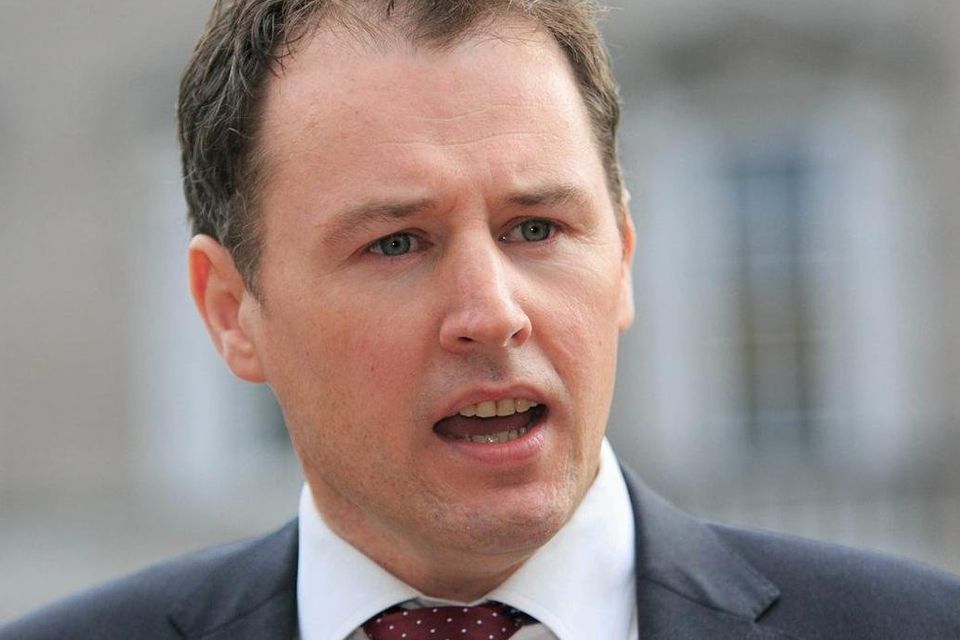

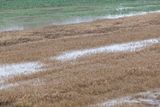


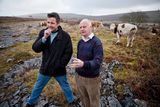

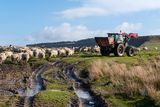

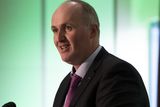



.jpg)

